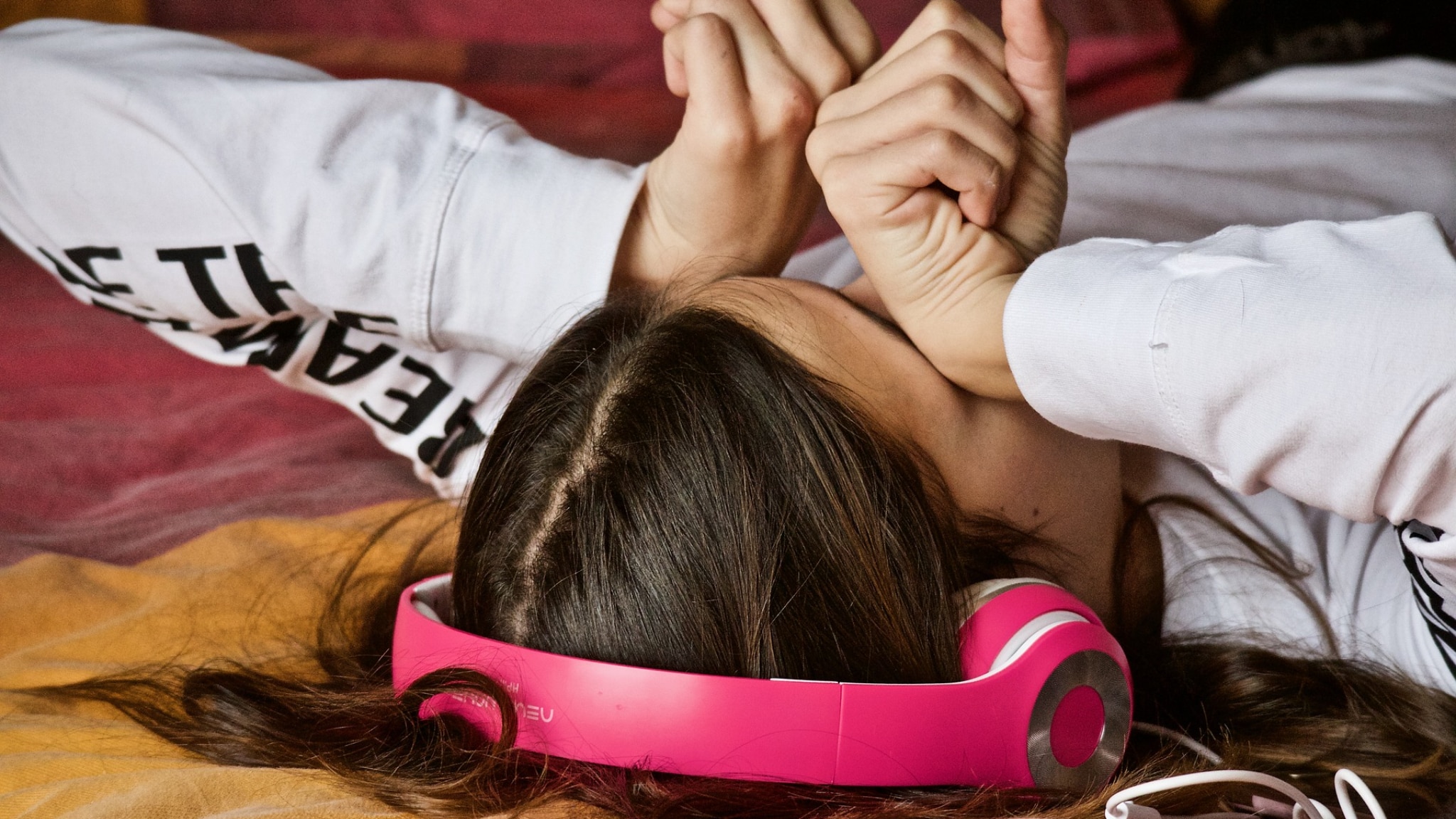More and more connected but more and more alone, trapped in a virtual world and struggling with severe problems.
Pediatricians call it
"social depression"
and it is the new phenomenon that exploded with the pandemic affecting a growing number of adolescents.
The language, the times and the methods of interaction change, but also the way of learning and knowing, children are increasingly immersed and submerged by technology which, while on the one hand offers them new opportunities for interaction, on the other exposes them to a series of risks and dangers.
The Covid 19 pandemic has produced a real boom in the use of the internet, smartphones and social media.
Virtual spaces have progressively and dangerously replaced interpersonal relationships between peers up to a real "
social retreat"
.
The data
Investigating the dimensions of the phenomenon is a new review of the scientific literature conducted by the Italian Society of Pediatrics, published in the scientific journal
International Journal of environmental research of public health.
The review analyzed
68 scientific papers
conducted from 2004 to 2022 with the aim of investigating the risks related to the use of social media in the under 18s, in particular in the pre and post Covid-19.
In 19 studies
, equal to 27% of all those examined,
a significant association was found between depression and use of social media
.
“It is still unclear whether social media use leads to more depression or whether these depressive symptoms cause people to seek social media more (which could fuel a vicious cycle).
However, what emerges unequivocally from the works is that
the more time children and adolescents spend on digital devices, the higher levels of depression are reported
”, says Rino Agostiniani, SIP national councilor.
Problems related to the use of social media
The psychological difficulties and issues associated with the use of social media are diverse.
They range from
eating
disorders to
cyberbullying
,
sleep disorders
,
addictions
,
anxiety
,
sexual
problems ,
behavioral problems
,
distorted perception of one's body
,
online grooming
,
vision problems
,
headaches and dental caries
.
Food disorders
What worries pediatricians is the influence of social media on
eating disorders
.
Children and young people on social media are literally
"bombarded" by advertisements for unhealthy
foods
lead to unhealthy behaviors and
pro-anorexia messages
.
These messages, the SIP study points out, are no longer limited to websites that can be easily monitored as in the past, but have been transferred to Snapchat, Twitter, Facebook, Pinterest.
Consequently, the contents conducive to eating disorders are more easily accessible.
Cyberbullying
It is a set of aggressive and intentional actions, by a single person or a group,
in the form of messages, images and videos shared on social media
to cause harm to a peer unable to defend himself.
The result is a series of problems related to anxiety, depression, up to attempted suicide.
In this context, the problematic use of social media has now been recognized by the literature as an important
risk factor for cyberbullying, especially in children between the ages of 13 and 15
.
Among the dangers of the network also those related
to the sexual sphere
.
Social platforms can also alter the perception of the sexual sphere of adolescents.
Exposure to online sexual material even through pop-up windows or advertisements is a real risk on the net and can predispose to development of depression, suicide and substance abuse.
"The spread of social media, especially among younger people, requires particular attention because an unresponsive use can create significant problems in the daily life of children and their families, both from the point of view of managing emotions and relational difficulties and school.
The pre-adolescent and adolescent age represent a crucial phase for the development of the individual;
the knowledge and analysis of risk behaviors can contribute to the definition of policies and interventions capable of promoting the development of positive values and facilitating the adoption of healthy lifestyles ”, affirms Sip President
Annamaria Staiano.
How to intervene
It is essential to ask for help, parents and teachers are essential and can pick up on the warning signs.
“Dialogue with friends and families as well as physical activity are the best antidotes to social media overdose.
Feeling part of a group, the emotional sharing of interests and activities is essential for teenagers.
Regular sporting activity, even if mild / moderate, can help ”, says national councilor Sip
Elena Bozzola.

